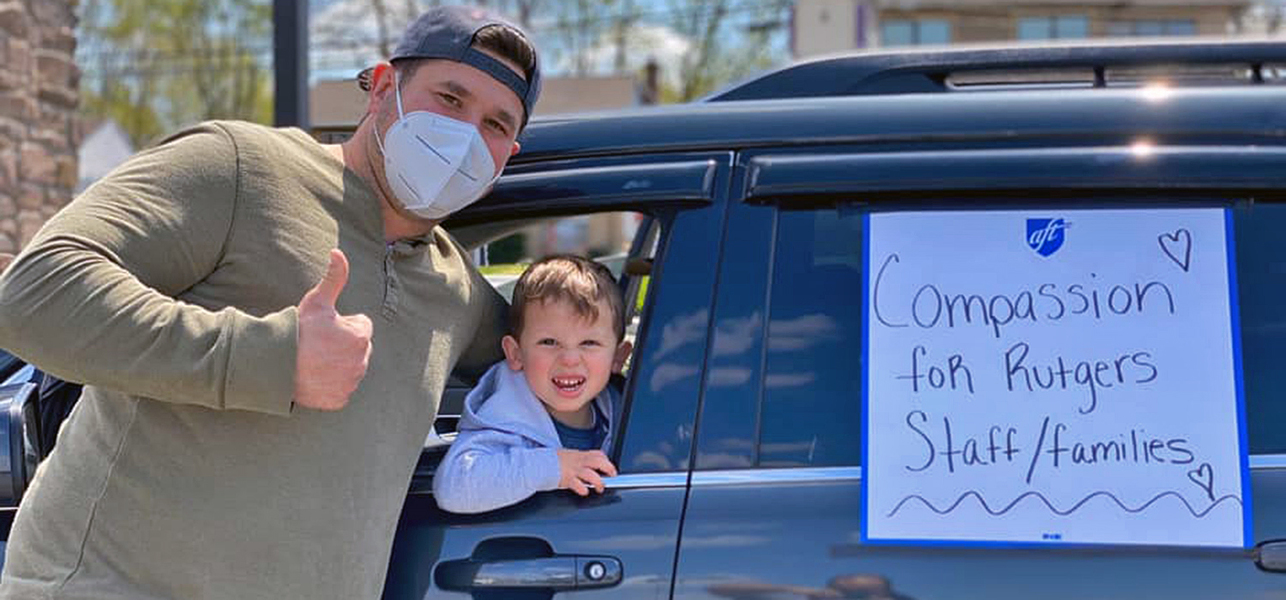- Joined
- Dec 6, 2006
- Messages
- 138
- Reaction score
- 9
Rutgers is currently cutting faculty and GME salaries (across all residencies) due to a budgetary crisis - however, they failed to reveal that they had around 500 million of reserve funds on hand for crises like COVID 19. Our resident and fellow friends there are having their previously promised ACGME salaries further reduced; the faculty are having their salaries reduced as well. Do not stand for upper leadership bullying the most vulnerable trainees among us. Help your friends who are stuck there at the moment. Don't let the upper leadership get by with even an IOTA of gaslighting about our professionalism. Rutgers crew have had to work incredibly hard to help their hospital through coronavirus, and there is no hope of resident/ fellow hazard pay. They are unilaterally breaking their ACGME contracts by doing this.
Don't let Rutgers get away with any more of this.
Here is a quote from a faculty there:
Don't let Rutgers get away with any more of this.
Here is a quote from a faculty there:
They declared a financial emergency which is a stipulation in every single Union that Rutgers negotiates with about 22 I think. This includes the Medical School faculty and the resident Union. They are both separate. This emergency allows the university to 4 go already agreed-upon stipulations in each contract such as a salary raise for the next year.
not all of our residency spots are covered by Medicare. Medicare pays the institution money per resident. This is typically about 180% of the salary and includes benefits and some overhead. They do NOT set the salary.
What is unfortunate about this is our medical school is reopening offices and procedures starting last week and the true deficit is coming from the other schools in the Rutgers University. Every physician knows procedures delayed still need to happen, but the administration of the school have not taken this into account and instead consider it lost revenue.
The actual deficit is 1.5% of the Rutgers budget, which was 4.5 billion for fy 19-20.The university also has a 600 million dollar fund that is unrestricted for emergencies but they're refusing to touch it to cover the loss, which is nonsense. They also claimed a loss of 200 million that was closer to 40 million when they revised the numbers. The union also found they were booking their expenses by using a new provision allowed by the state to count benefit payments as university expenses since 2015, when the payments themselves are from the state and the university has no financial responsibility for.
As faculty we have not had a contract in 2 years and they are now trying to renegotiate raises from the last two years and blame it on coronavirus
Lastly, the rwj foundation has nothing to do with Rutgers or rwjms. They donate money and share a name. That's the extent of the relationship. Has nothing to do with the anti physician pro np agenda of the rwjf of which I do not agree and neither does Rutgers support.
Every Union is having benefits cut due to the financial emergency. The only legal options are to sue the university on the grounds that there is no actual Financial emergency.


